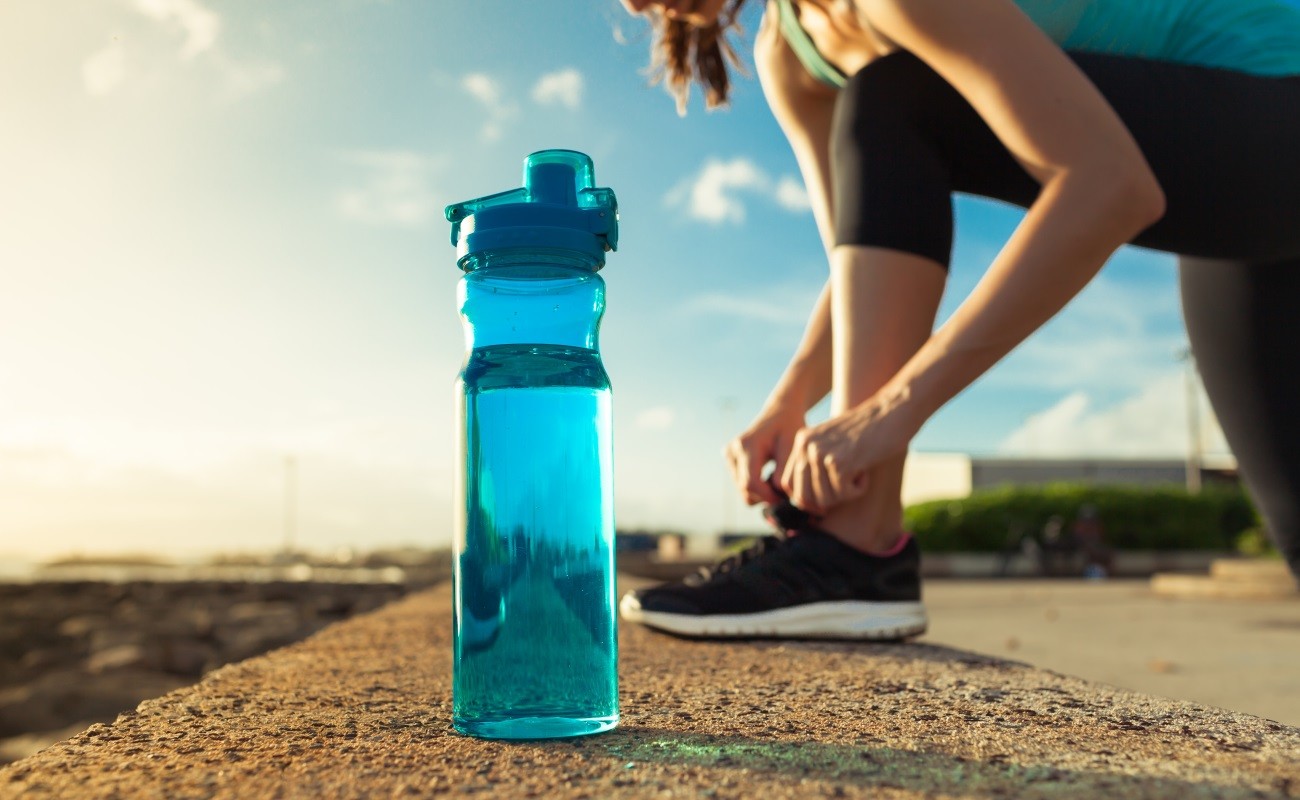Running News Daily
Running News Daily is edited by Bob Anderson in Mountain View, California USA and team in Thika Kenya, La Piedad Mexico, Bend Oregon, Chandler Arizona and Monforte da Beira Portugal. Send your news items to bob@mybestruns.com Advertising opportunities available. Over one million readers and growing. Train the Kenyan Way at KATA Running Retreat Kenya. (Kenyan Athletics Training Academy) in Thika Kenya. Opening in june 2024 KATA Running retreat Portugal. Learn more about Bob Anderson, MBR publisher and KATA director/owner, take a look at A Long Run the movie covering Bob's 50 race challenge.
Index to Daily Posts · Sign Up For Updates · Run The World Feed
The importance of hydration during your runs
Why Hydration Matters
Dehydration in athletes may lead to fatigue, headaches, decreased coordination, nausea, and muscle cramping. Proper hydration is critical for preventing heat-related illnesses, such as heat stroke, which can have serious consequences.
Aside from all that discomfort, dehydration slows you down. One study showed that even a "small decrement in hydration status" on a warm day impaired runners' performance conditions affect your rate.

Signs of Dehydration

Be aware of the signs that you need more fluids. Early symptoms include:
Thirst, Dry mouth, Feeling fatigued or sluggish.
As dehydration progresses, symptoms can include:
Headaches, Muscle cramps, Nausea, Fatigue.
Pre-Run Hydration
Especially if you're doing a long run or race (more than 8 to 10 miles), it's important to make sure you're well-hydrated during the few days leading up to your long run. You know you're well-hydrated if you void large volumes of pale urine at least six times a day.
Drink plenty of water and non-alcoholic fluids. Not only does alcohol dehydrate you, but it can also prevent you from getting a good night's sleep. It's not a good idea to run with a hangover, because you'll most likely be dehydrated when you start running.
An hour before you start your long run or race, try to drink about 16 ounces of water or other non-caffeinated fluid. Stop drinking at that point, so that you can void extra fluids and prevent having to stop to go to the bathroom during your run.
Drinking on the Run
You will need fluids every 15 to 20 minutes during your run, so you need to either carry it with you or make sure it is available along the way (say, at a drinking fountain or by running a loop that takes you back to your home or car where you have extra water). Drinking small amounts frequently helps your body absorb the liquid better, and you won't have that feeling of it sloshing around in your stomach.
Set a timer on your watch or phone to prompt you to drink. Or use landmarks or mile markers as reminders. One study found that athletes who had a hydration plan and wrote it down drank more than those who didn't have a plan.
If you forget to drink and get behind on hydrating, it's hard to catch up. You may have to walk for a bit to conserve energy and cool down.
If you have to carry your own fluids with you, try handheld bottles, packs (like backpacks or vests), or fuel belts; it's a matter of personal preference. However, if you're running in a race, you shouldn't have to carry fluids because there will be water stops on the course.
Post-Run Hydration and Recovery
Don't forget to rehydrate with water or a sports drink after your run. Some people feel the effects of dehydration hours after their run because they failed to drink enough fluids after they finished. Weigh yourself after your run. You should drink 20 to 24 fluid ounces of water for every pound lost. If your urine is dark yellow after your run, you need to keep rehydrating. It should be a light lemonade color.
Common Hydration Mistakes
Staying alert to these common problems can help you stay healthier and more comfortable during your runs.
Drinking Too Little
Make a plan and stick with it. Be careful not to run out of water during a long run. You can't always count on drinking fountains (they can break) or stashing water along your route (someone might take it, or it will get too hot to use).
Drinking Too Much
The issue is not so much taking in too much liquid. It's drinking too much without replacing sodium, which can lead to hyponatremia. If you gain weight during a run, you are drinking too much. Add in a sports drink, salt shot, or salty snack to replace the sodium you're losing when you sweat.
Drinking the Wrong Fluid
As noted, drinking plain water when you need electrolytes could be trouble. It's also a problem to drink something new and different during a race. Work out your hydration plans and preferences during training, or else your performance (or stomach) might suffer.
Gulping Instead of Sipping
When you're running, your digestive system slows down because blood is diverted away from it. So taking giant gulps of water can be hard on your belly. Try small sips instead—even immediately after your run, when you might feel like chugging a whole bottle of water. Take it slow.
(04/05/2021) Views: 1,176 ⚡AMPby Christine Luff




